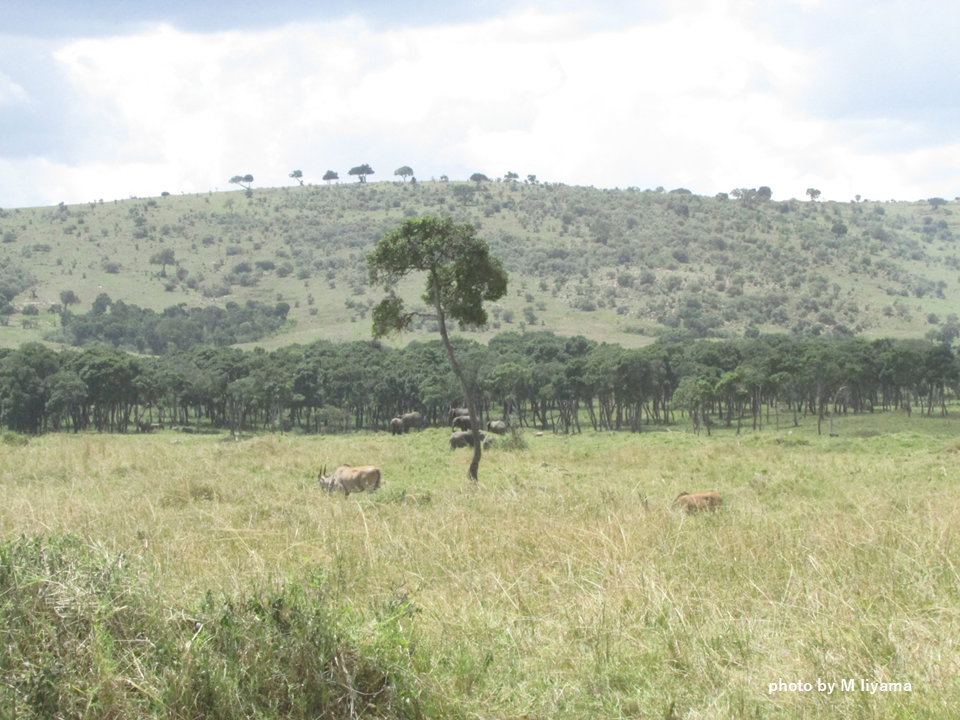Pick Up
673. Toward Agreement on International Biodiversity Targets

With less than a month left in 2022, we introduced in Pick Up earlier this year that 2022 is the year that will determine the fate of the biodiversity agenda.
According to the United Nations Environment Programme (UNEP), biodiversity has reached a critical juncture since the extinction of the dinosaurs, with one million species of plants and animals threatened with extinction. Human existence depends on clean air, nutritious food, and a livable climate, all of which are supported by the natural world. A healthy planet is also the foundation of a strong economy, and some estimate that more than half of global GDP, or $41.7 trillion worth of economic activity, depends on a healthy ecosystem.
The "Aichi Targets" adopted at the 10th Conference of the Parties (COP10) to the United Nations Convention on Biological Diversity held in Nagoya in 2010, which aimed to halt the loss of biodiversity by 2020, have been assessed as almost unfulfilled, and international agreement on a replacement target is required. The international community aims to slow the loss of biodiversity by 2030 and to conserve biodiversity by 2050. The 15th Conference of the Parties (COP15) to the Convention on Biological Diversity (CBD), where the Global Biodiversity Framework (GBF) will be discussed, will start today, December 7, in Montreal, Canada, after being postponed several times due to the pandemic.
COP15 aims to reach an agreement to reverse the trend of nature loss, comparable to the Paris Convention on Climate Change. Over 20 targets are expected to be negotiated, including reducing pesticide use, addressing invasive species, reducing subsidies that negatively impact the environment, and increasing public and private financing for environmental conservation. Fragmentation and land-use changes associated with agriculture and urban expansion, which in many regions is responsible for 80% of biodiversity loss, are also expected to be addressed.
These negotiations require the participation of indigenous peoples and local communities in decision-making process related to nature, and recognition of their rights to land. In particular, it is important to negotiate finance and support for biodiversity conservation in light of the use of genetic resources and data by developed countries in developing countries.
The seminar to be held next Monday will also discuss the role of science and traditional knowledge in promoting the participation of indigenous peoples and local communities in valuable genetic resources in developing countries to improve nutrition and livelihoods.
International Nutrition Seminar
The application of science and traditional knowledge to foster the utilization of foods obtained from local landscapes for improved nutrition and livelihoods
Organizers: Japan International Research Center for Agricultural Sciences (JIRCAS)
The Alliance of Bioversity International and CIAT
Date & Time: December 12 (Mon), 2022 14:00~16:00 (JST)
Hybrid Format: Vision Center Hibiya + Webex
Seminar website https://www.jircas.go.jp/en/event/2022/e20221212
Registration https://www.jircas.go.jp/en/event/2022/e20221212/entry
Note 1: The number of participants at the venue will be limited to 40 people on a first-come, first-served basis. When you register, please indicate whether you will participate on-site or online.
Note 2: The seminar will be conducted in English (no simultaneous interpretation).
Contributor: IIYAMA Miyuki (Information Program)
